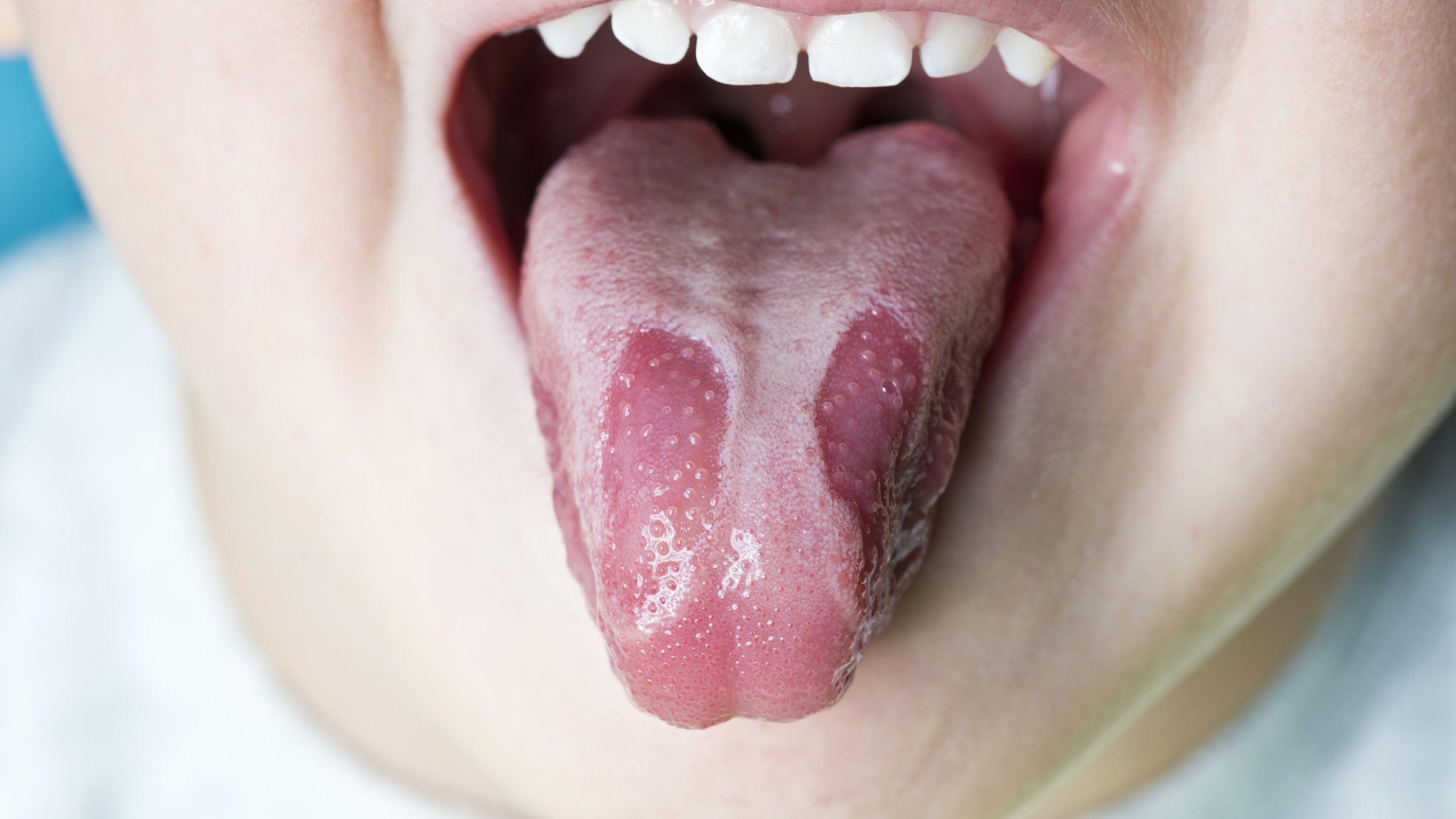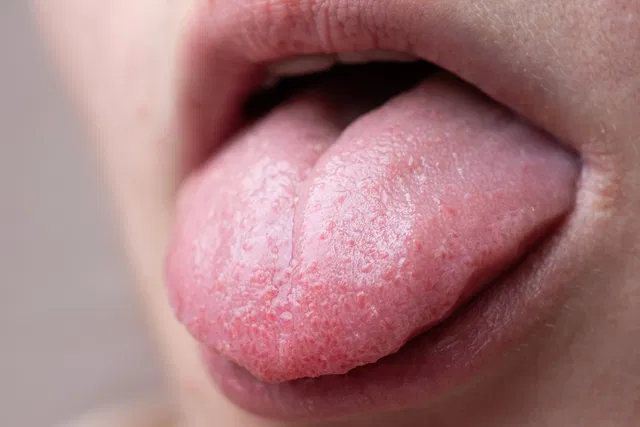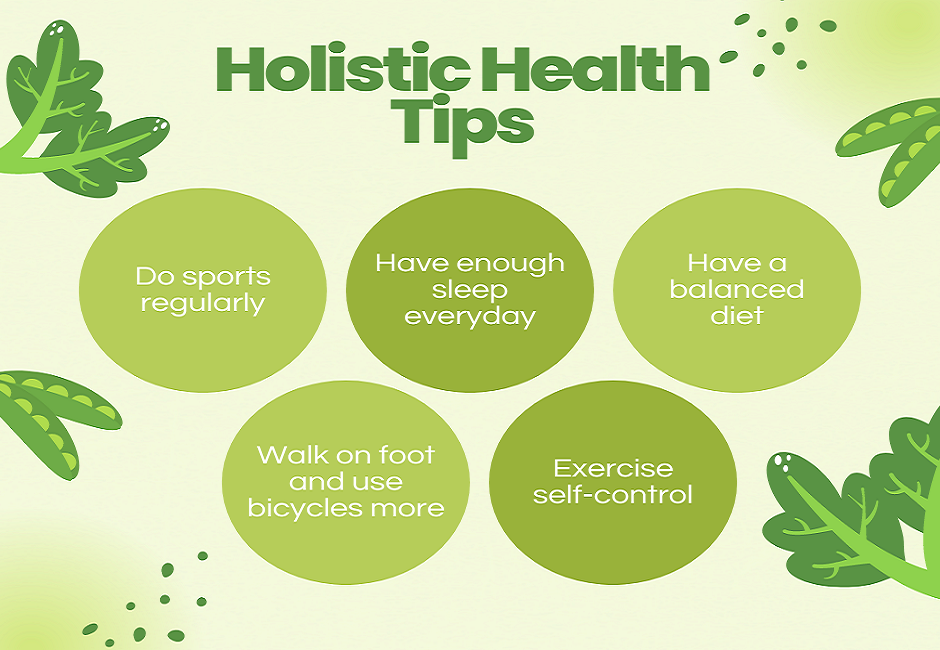Herpes on the tongue, often referred to as oral herpes or herpes labialis, is a viral infection caused by the herpes simplex virus (HSV). This condition is more common than people realize and often misunderstood. While it can cause discomfort and frustration, it is manageable with proper care and treatment. This cornerstone article explores everything you need to know about herpes on the tongue, from symptoms and causes to treatment and living with the condition.
What are Herpes on the Tongue?

Herpes on the tongue is caused by the herpes simplex virus, typically HSV-1, which is more commonly associated with oral herpes. However, HSV-2, usually linked to genital herpes, can also affect the oral region in some cases. Once infected, the virus remains dormant in the body and can reactivate during times of stress, illness, or weakened immunity, causing outbreaks.
The most notable characteristic of herpes on the tongue is the appearance of painful sores or blisters. These sores can occur anywhere in the oral cavity but are particularly bothersome on the sensitive tissue of the tongue.
How to Recognize Signs of Herpes on the Tongue?
One of the most common questions people have is, “How do I know if I have herpes on my tongue?” The symptoms of herpes on the tongue can vary, but the most common indicators include:
- Painful Blisters or Sores: These are the hallmark signs of herpes. The sores may start as small red bumps that eventually turn into fluid-filled blisters, often painful and sensitive to touch.
- Tingling or Burning Sensation: Before the sores appear, you may feel a tingling, itching, or burning sensation on your tongue. This is often the first sign that an outbreak is coming.
- Swelling: The affected area on your tongue may swell and feel sore, making it difficult to eat or drink.
- General Oral Discomfort: Herpes on the tongue can cause general discomfort in your mouth, including difficulty speaking or swallowing.
If you experience these symptoms, especially the presence of blisters or sores, it’s essential to consult a healthcare provider for a proper diagnosis.
Herpes on Tongue First Stage
The first stage of a herpes outbreak on the tongue is often characterized by subtle symptoms, including a tingling or burning sensation in the affected area. This stage is known as the “prodromal stage,” where the virus begins to reactivate but has not yet caused visible sores.
Within a few days, the prodromal symptoms may progress to:
- Red Bumps: Small red bumps may appear on the tongue, gums, or inside the mouth.
- Blisters: These bumps can turn into fluid-filled blisters that are highly sensitive.
- Pain: As the blisters form, they can become quite painful, particularly when eating, drinking, or speaking.
Herpes on the Tongue And Mouth Pictures

For those unfamiliar with herpes outbreaks in the mouth, pictures can help identify the condition. Herpes sores on the tongue and in the mouth typically appear as small, red, fluid-filled blisters. These blisters may cluster together or form independently. Over time, the blisters may burst, leaving behind painful ulcers that take time to heal.
You can find herpes tongue photos online for reference, but it is important to consult a healthcare provider for an accurate diagnosis if you suspect you have oral herpes.
How to Get Rid of Cold Sore on the Tongue?
There is no cure for herpes, but cold sores on the tongue can be managed with several treatments to alleviate symptoms and shorten the duration of outbreaks:
- Antiviral Medications: Prescription antiviral medications like acyclovir, valacyclovir, and famciclovir can help reduce the severity and length of an outbreak. Taking these medications early in the outbreak is crucial for maximum effectiveness.
- Topical Creams: Over-the-counter creams containing lidocaine or benzocaine can numb the area and reduce discomfort.
- Home Remedies: Applying ice or cold compresses to the sores may reduce pain and swelling. Some people also find relief by rinsing their mouth with saltwater or a mild baking soda solution.
- Pain Relief: Over-the-counter pain relievers like ibuprofen or acetaminophen can help alleviate the discomfort associated with cold sores on the tongue.
It’s important to avoid picking at the sores, as this can spread the virus and delay healing.
Cold Sore on Tongue Causes
Cold sores on the tongue are primarily caused by the herpes simplex virus (HSV-1). The virus is highly contagious and is spread through direct contact with an infected person, such as kissing, sharing utensils, or coming into contact with contaminated surfaces.
Once the virus enters the body, it can remain dormant in the nerve cells and reactivate later due to triggers such as:
- Stress: Emotional or physical stress can weaken the immune system, leading to a reactivation of the virus.
- Illness: Being sick or having a fever can trigger an outbreak.
- Sun Exposure: Too much exposure to the sun’s UV rays can trigger a cold sore outbreak, even on the tongue.
- Injury to the Mouth: Any trauma to the mouth, such as dental work or biting your tongue, can prompt a cold sore outbreak.
- Hormonal Changes: Fluctuations in hormones, especially during menstruation, can trigger cold sores.
Cold Sore on Tongue Photo

If you’re experiencing unusual sores or blisters on your tongue and want to compare them to common cold sores, looking up cold sore on tongue photos can help. These images usually depict small, painful blisters that may appear red or filled with clear fluid. They often occur in clusters and may burst, leaving behind shallow, painful ulcers.
Chlamydia Herpes Tongue
It’s important to note that while both herpes and chlamydia are sexually transmitted infections (STIs), they are caused by different pathogens. Herpes is caused by the herpes simplex virus (HSV), while chlamydia is caused by the bacterium Chlamydia trachomatis.
Chlamydia rarely affects the tongue or mouth. When it does, it’s usually through oral sex with an infected person, but this is far less common than oral herpes. Therefore, herpes on the tongue is unlikely to be mistaken for chlamydia. However, if you have any concerns about your symptoms, consult a healthcare provider for a proper diagnosis.
Is Herpes the Worst STD?
While herpes can be uncomfortable and emotionally distressing, it is not considered the “worst” sexually transmitted disease (STD). Herpes is a common virus, and while it can cause recurring outbreaks, it typically doesn’t lead to serious health complications in otherwise healthy individuals. STDs like HIV, syphilis, and untreated chlamydia or gonorrhea can have more severe long-term health effects.
The stigma surrounding herpes often causes more distress than the actual condition itself. It’s important to have accurate information, understand your diagnosis, and seek support as needed.
What Can Be Mistaken for Herpes on the Tongue?
Several conditions can cause symptoms similar to herpes on the tongue, which can sometimes lead to confusion:
- Canker Sores: These are small ulcers that form in the mouth, often mistaken for herpes sores. However, canker sores are not caused by the herpes virus.
- Geographic Tongue: This condition causes irregular red patches on the tongue and can sometimes be confused with herpes sores.
- Oral Thrush: A fungal infection caused by an overgrowth of Candida, thrush can cause white patches in the mouth, which may be mistaken for herpes.
- Hand, Foot, and Mouth Disease: This viral illness can cause sores in the mouth, including on the tongue, similar to herpes.
If you’re unsure about the cause of your symptoms, consult a healthcare provider for a proper diagnosis.
How to Live with Oral Herpes?
Living with oral herpes can be challenging, especially during outbreaks. However, with proper management, you can reduce the frequency of outbreaks and minimize their impact on your life. Here are some tips:
- Practice Good Oral Hygiene: Keeping your mouth clean and avoiding irritation can help prevent secondary infections.
- Manage Stress: Since stress is a common trigger for herpes outbreaks, practicing stress-reducing activities like meditation, yoga, or exercise can help.
- Take Antiviral Medication: If you have frequent outbreaks, talk to your doctor about suppressive antiviral therapy. Taking antiviral medication daily can help reduce the frequency and severity of outbreaks.
- Avoid Triggers: Identifying and avoiding personal triggers, such as sun exposure or certain foods, can help minimize outbreaks.
Can Oral Herpes Go Away?
The herpes simplex virus can infect someone and stay in their body for life. While the virus cannot be cured, it can go dormant for long periods. Many people experience fewer outbreaks over time, and some may never have another outbreak after the initial one. However, the virus can reactivate in response to certain triggers.
Is Oral Herpes an STD?
Oral herpes is typically caused by HSV-1, which is most commonly spread through non-sexual contact, such as kissing or sharing utensils. However, it can also be transmitted through oral sex, making it a sexually transmitted infection (STI) in some cases.
Herpes is highly contagious, whether through sexual or non-sexual contact, and it’s important to take precautions to avoid spreading the virus to others.
Conclusion
Herpes on the tongue can be painful and frustrating, but with proper care, it is manageable. Understanding the symptoms, causes, and treatment options can help you live more comfortably with the condition. While there is no cure for herpes, antiviral medications, lifestyle changes, and stress management can help reduce the frequency and severity of outbreaks. If you suspect you have herpes on your tongue, consult a healthcare provider for a proper diagnosis and treatment plan. For more information visit our website.



